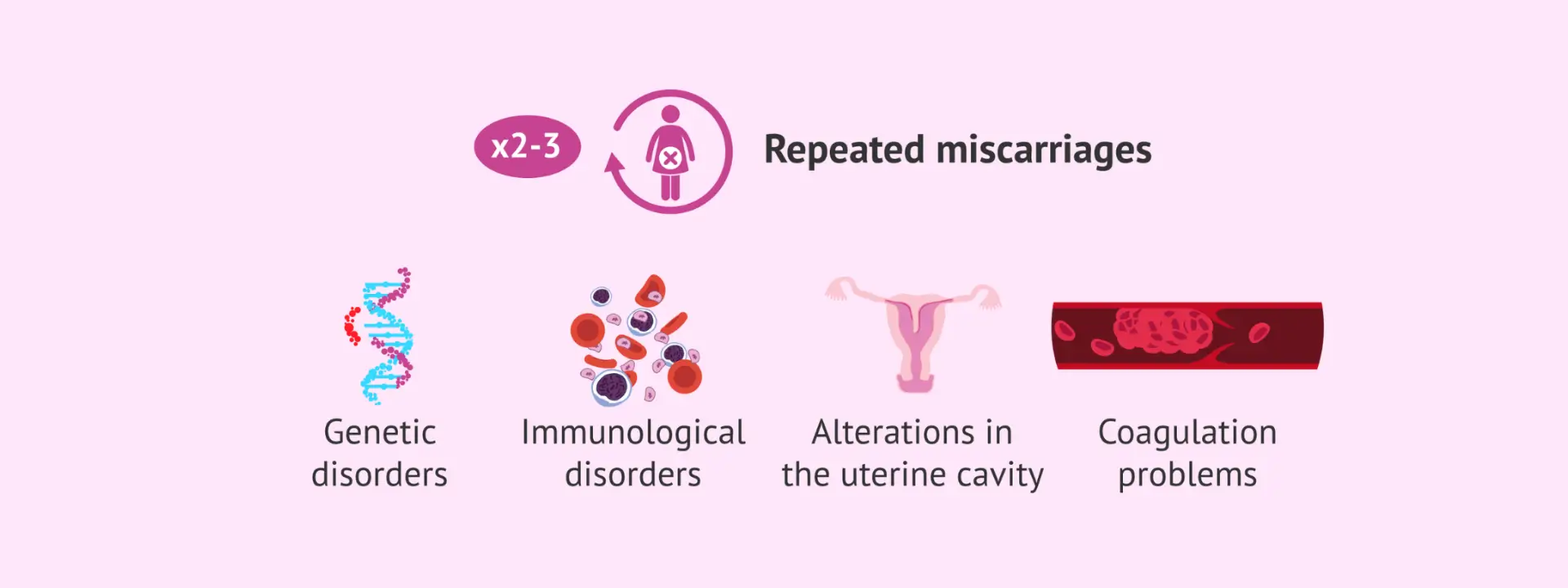Recurrent Miscarriages



Recurrent Miscarriages
Experience specialized care for Recurrent Miscarriages at RoyalDocline, where our three decades of expertise in OBGYN services ensure personalized treatments and dedicated support. Prioritize your reproductive health—schedule an appointment today.
Recurrent miscarriage, also known as recurrent pregnancy loss (RPL), is defined as the occurrence of three or more consecutive pregnancy losses before 20 weeks of gestation. This condition can be emotionally and physically challenging for those experiencing it, and it often prompts individuals or couples to seek medical evaluation to determine the underlying causes.
Miscarriages are relatively common, occurring in about 10-20% of recognized pregnancies. However, experiencing multiple miscarriages in a row is less common and may suggest underlying issues that need to be addressed.
Here are some common approaches to treating recurrent miscarriages:
1. Genetic Testing: Chromosomal abnormalities are a common cause of miscarriages. Both partners may undergo genetic testing to identify any potential genetic issues.
2. Hormonal Treatments: Hormonal imbalances, such as thyroid disorders or polycystic ovary syndrome (PCOS), can contribute to recurrent miscarriages. Hormone therapy may be prescribed to address these imbalances.
3 Uterine Abnormalities: Structural issues with the uterus, such as fibroids or a septum, can contribute to recurrent miscarriages. Surgical interventions may be considered to correct these abnormalities.
4. Anticoagulant Therapy: Blood clotting disorders can increase the risk of miscarriage. Anticoagulant medications, such as low-dose aspirin or heparin, may be prescribed to improve blood flow to the uterus.
5. Immunosuppressive Therapy: In cases where the immune system may be attacking the embryo, immunosuppressive medications may be considered to prevent the immune response.
6. Lifestyle Changes: Adopting a healthy lifestyle that includes a balanced diet, regular exercise, and avoidance of harmful substances like tobacco and excessive alcohol is important.
7. Preconception Counseling: Meeting with a healthcare provider before attempting to conceive again can help address any potential risk factors and optimize the chances of a successful pregnancy.

Related Services

Contraceptio...
Access exceptional Contraceptives...

Recurrent Fet...
Discover exemplary care for Recurrent Fe...

Infertility Evalu...
At RoyalDocline, our expertise is dedicated to as...


